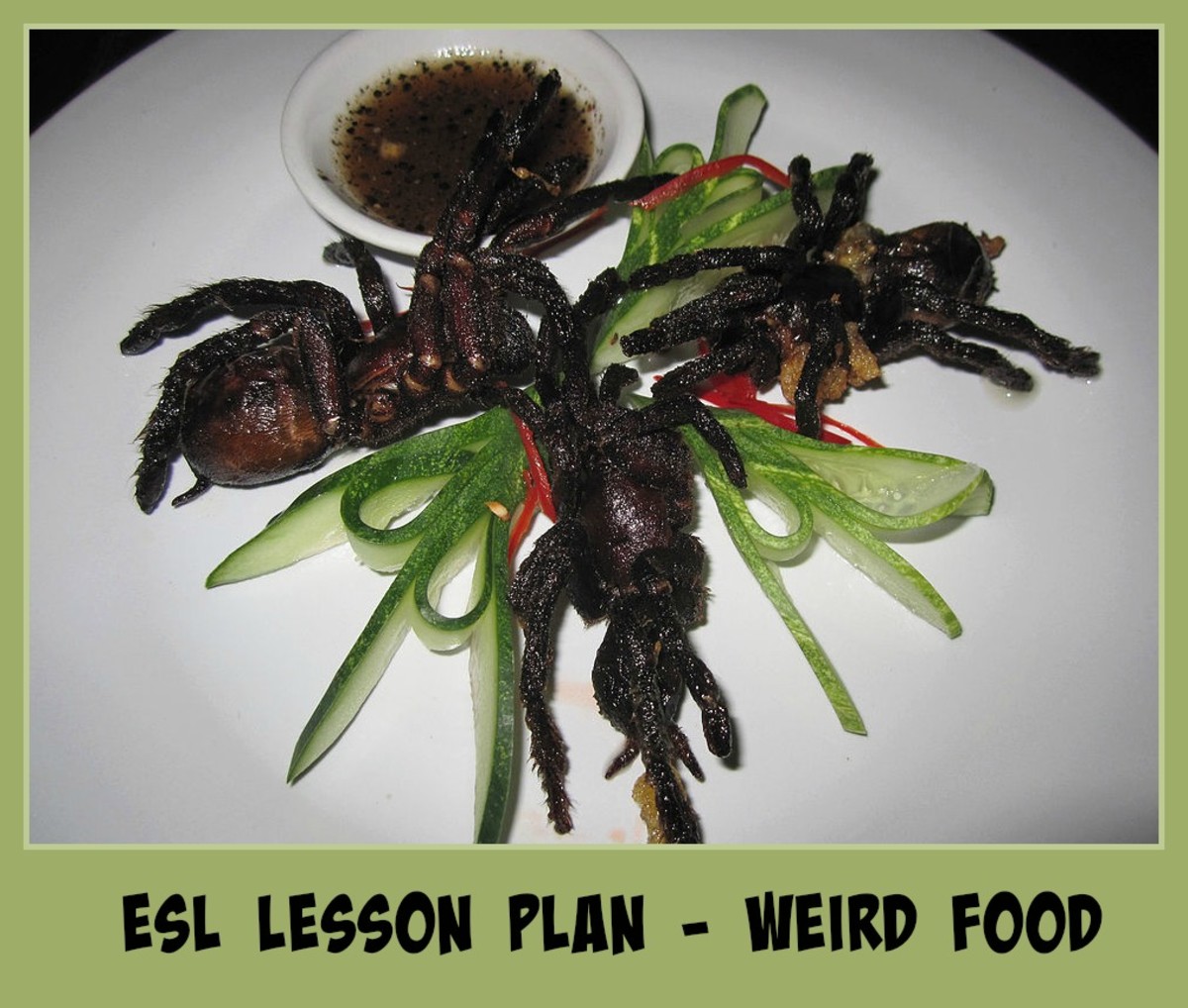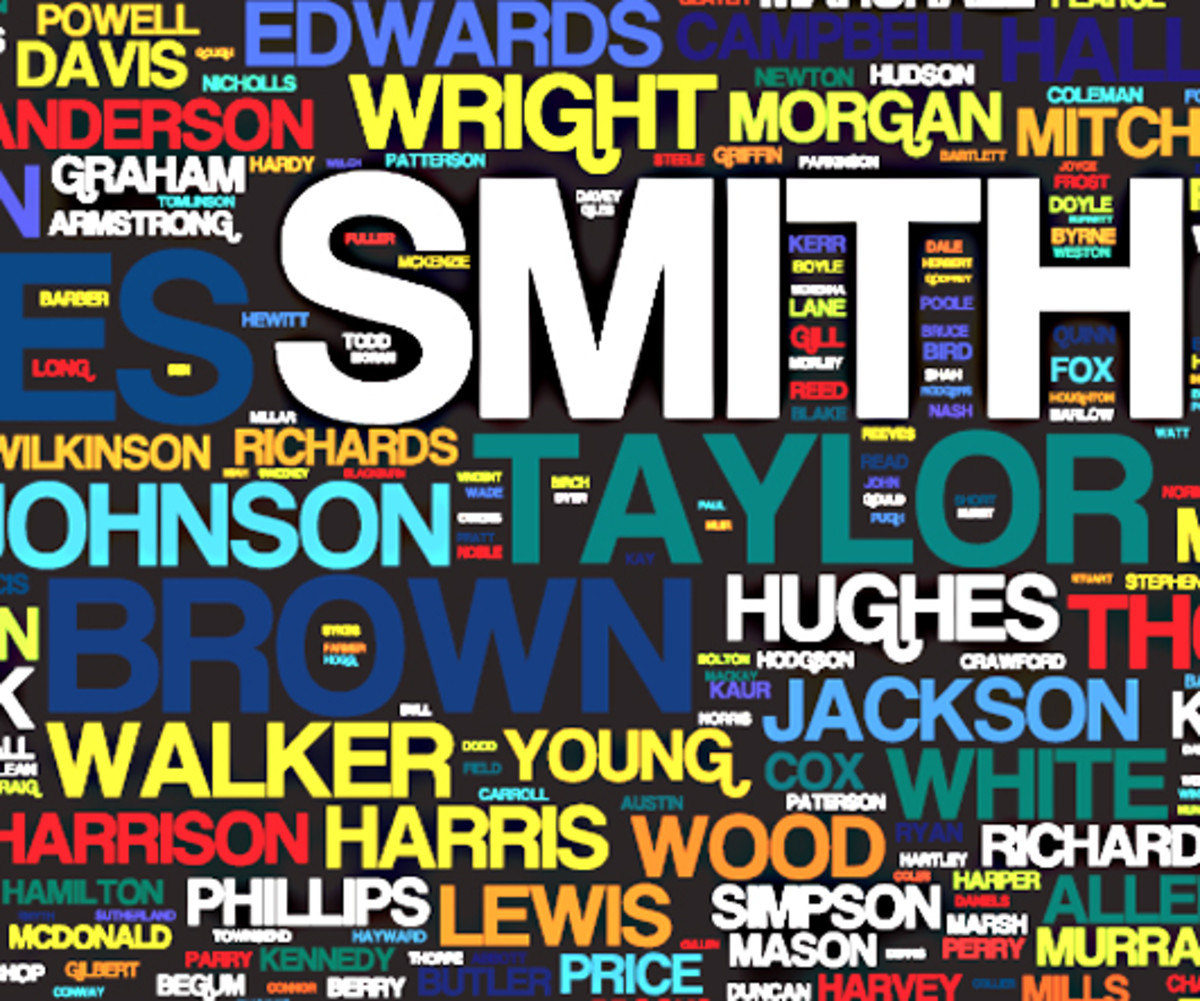The Words "And," "But," "Except," "Including," "However," and "Therefore": A Linguistic Meditation

If you think about it, the words "and," "but," "except," "including," "however," and "therefore," and more importantly, the concepts they convey, may very well be the foundation of all science, mathematics, and logic.
How so? you ask.
Well, what does the word and mean, for example? "And" simply means multiple possession, does it not?
Example: The day is sunny and cold. The day possesses the characteristics of being sunny and cold.
Example: I'll have a double cheeseburger, fries, and a vanilla coke. I am asking the person behind the fast food counter to transfer possession, from them to me, of those items---in exchange for the money.
Example: Sarah and Jane are going to the movies. The understanding is that Sarah possesses the companionship of Jane in the journey to the movies. The understanding is that Jane possesses the companionship of Sarah in the journey to the movies.
When you think about it, the operation of addition is simply the numerical translation of multiple possession. Two plus ("and") two is...
Multiplication is the numerical translation of the bundling of multiple possession. With the problem of 30 x 40, for example, you are either adding 30, 40 times; or 40, 30 times.
What does the word but mean? The concept of "but" signifies a disruption or break in the continuity of something. For mathematical purposes, the operation of subtraction represents the concept of "but."
10 - 2 = .... is another way of saying something like: I was contemplating 10 units of X, "but" on second thought, maybe I better remove two units, so we're not stuck with so much overstock.
The "10" is the original, planned conception, "but" ( - ) the continuity of that plan was "disrupted" by my concerns about not accumulating too much overstock.
Make sense so far?
Good!
So far we have established, in mathematical terms, that "and" is multiple possession; "but" is a disruption of continuity, or break up of multiple possession; and that multiplication is the bundling of ("and") multiple possession.
What is division? Division is an operation which "possesses" the functions of addition, subtraction, and multiplication. The mathematical operation of division is the divergence or dispersal of "and," or multiple possession.
What is algebra? Isn't this the operation which "possesses" division (including fractions), multiplication, subtraction, "and" addition?
If division is the dispersal or divergence of multiple possession; then algebra can be said to be the organized, specified, and compartmentalized divergence or dispersal of "and," multiple possession.
And so on right down the line. Just notice that it all starts with "and" and "but."
What is geometry? It may be stretching a point to say this, but isn't it the recognition of a whole (i.e., some shape like a triangle) as being comprised of constituent parts, or "ands" (i.e., angles, lines, etc.)?
"But" and "However"
There is a temptation to see "but" and "however" as synonymous. Upon closer examination, though. "But" is a disruption of a continuity. "However" is more of a re-routing of a continuity, you might say.
Example: I cannot lend you ten dollars "but" I can loan you five.
Argument: The continuity (your hope that I can lend you ten dollars) is "disrupted" by me telling you that I am unable to lend you ten, "but" that I can loan you five.
Example: I would not say: I cannot lend you ten dollars "however" I can loan you five.
Why not?
Well, what does the word "however" mean? First of all, it is comprised of two words: "how" and "ever."
"How" is the methodology by which something is done.
"Ever" is eternity, as far as an individual, group of individuals, or generations of people are concerned. Example: I don't think I will "ever" see anything like that again. With that I am making a tentative prediction which covers the period of the rest of my life until my death.
Example: I don't think I have "ever" seen anything like that. I am offering a tentative recollection that, theoretically, covers the point of my birth up to the present moment.
"How" + "ever" = "methodology" plus "eternity"
Example: I would say: The day is sunny but cold.
I would not say: The day is sunny however cold. Or, to be more grammatically in tune, I would not say: The day is sunny however the temperature is cold.
In the first example, what is happening is that the promise of heat, presented by the appearance of the sun, has been "disrupted" by whatever has caused the temperature to be cold today.
Maybe that something is cloud cover, or something like that. In the first example I am alluding to a "what" that has disrupted the full heat promise of the light of the sun --- not a why or cause, not a "however."
Also, in the first example, I am not suggesting that there will "never," (or not ever) be a time again---as long as anybody alive now lives---in which the appearance of the sun fully fulfills it heat-promise.
I think the proper use of "however" can be illustrated from an line from a short story by Franz Kafka, which was translated from the German by Malcolm Pasley. The story is called A Report to an Academy.
The short story is about a man who was asked to give a talk about his previous life as an ape, to an academic society.
The line is this: "In the narrowest sense, however, I can perhaps make some reply to your inquiry after all, and indeed it give me great pleasure to do so."
Although we may do it, it would not be technically appropriate to put "but" in the place of "however" in that sentence. Please remember: "however" is the sum of methodology plus eternity. That is not what the word-concept of "but" is all about.
"In the narrowest sense, 'however,' I can perhaps make some reply to your inquiry after all, and indeed it gives me great pleasure to do so."
Now, we are not looking at a complete disruption of a continuity. If we were, then "but" would be appropriate in place of "however," with it constituents of methodology plus eternity, amounts to the re-routing of continuity, rather than a sharp break with or disruption of continuity.
1. He is not saying that he can comply with the academy's request exactly as stated.
2. He is, in fact, saying that he is unable to comply with the academy's request exactly as stated.
3. He is not stating any intention of total noncompliance.
4. He is stating his intention to comply with the request in the way he knows how, which is "in the narrowest sense," which is something other than the exact way the request had been made.
Let's slow down a little
In this short story, a man who used to be an ape, is asked by an academic society to tell them all about his past life (not reincarnation but transformation) as an ape. The man recalls his time as a captive ape, in a cage, aboard a ship full of sailors, men.
The man explains how, the thought occurred to his formerly ape brain, that the way he would get his freedom would be to get out of that cage without running away. He, as an ape, had known that running away was not an option; he would be easily recaptured.
But the man, as the ape, wanted his freedom. The man, as the ape, wanted to get out of that cage. The man, as the ape, had come to realize that his way out of the cage would be to become a man. The ape began a rigorous course of mimicry, copying the gestures, mannerism, sounds, etc., of the men around him until, one day, his transformation was complete and successful, and he was, therefore, let out of the cage, which was no longer appropriate for him.
Stay with me
In his narrative the man explains that his transformation into a man was precisely predicated upon his forgetting his previous state of ape-hood, banishing its memories. If he had allowed himself to hang on to those memories, he could have never effected his transformation through the force of his will.
This is the reason he cannot comply with the Academy's request as exactly stated; he was unable to recall with any vividness, his previous twenty years in ape-hood.
If that had been the whole deal, the man might have said something like this: "Gentlemen, I appreciate your curiosity about my past life as an ape; and I would like nothing more than to accommodate it, "BUT" since my transformation was predicated upon forgetting that life, I cannot tell you anything about it. So sorry, gentlemen."
But that is not what the protagonist conveys. What he says is that he can talk about it "in the narrowest sense" "after all."
The "after all," by the way, signifies the man's ability (and, therefore inclination) to pull back from his initially contemplated flat refusal.
Do you see that? Am I making sense to you?
"After all" can be thought of as the opposite of "but," which, as we have seen, is the disruption of a continuity. "After all," then, is a partial or whole restoration of said continuity; and this restoration is either based on a reversal of fortune which allows you to comply with a request and comply with it in exactly the manner it was put to you; or, if the request cannot be honored in the exact way it was put to you, you can, nevertheless, make some kind of accommodation to it.
Is that clear?
Thank you gentlemen for your interest in my past life as an ape, but I am afraid I shall have to demur; for the very process by which I effected my transformation into a man, by force and concentration of will, was precisely predicated upon my abandonment of my past as an ape, the ejection of all memory of the details of that prior existence. So sorry.
I use the word "but" here because I am disrupting the continuity of the request---that I speak about my past life as an ape---based on the fact of a total inability to recall the details, for the reason I indicated. So sorry! This is a flat refusal given, with my regrets, of course.
My dear gentlemen of the Academy, I was thinking that while I have no access to the details of my past existence as an ape, and am therefore, unfortunately unable to oblige you----I believe I can, however, make a reply to your inquiry in the narrowest sense, after all.
The "narrowest sense" he's talking about, again, is his period of transformation from ape to man, which he brought about by mimicking the men all around him on the ship. The "after all," is the partial restoration of the continuity of the original request; its partial because he is unable to recall his past existence as an ape, apart from his period of studied transformation.
The "however," is the how (methodology) plus ever (eternity), is the alternate means by which he can make some reply to the inquiry of the gentlemen of the Academy.
"Therefore"
What does the word therefore mean? Don't look at a dictionary. Just think about how it functions in conversation.
Isn't "therefore" what the sum total of two or more factors add up to, in the sense that a conceptual thing or tool is formed?
But more than that, "therefore," provides a conclusion, which then acts as a kind of vehicle, which transports you down a road of consequence. Where would humanity be without the concept of "therefore," whether spoken or unspoken? Where would we be without the bundling up of factors ("and," multiple possession), made to form conclusions, which are then shaped into vehicles driving us down the road of consequence?
Human civilization would not be possible without the concept of "therefore." Its one of the things that separate us from the rest of the animal kingdom.
Example: In criminal prosecution theory, a defendant, who has no alibi, and to which means, motive, and opportunity can be affixed, is "therefore" judged guilty.
The "therefore" (guilty) is the vehicle which transports him down the road of consequence, which would be imprisonment and possibly eventual execution.
The "road system," then, is the criminal justice system.
If means, motive, and opportunity cannot be affixed to a defendant and/or he has an unshakable alibi, he is therefore judged not guilty, The "therefore" (not guilty) is the vehicle that transports him down the road of consequence, which is acquittal and release.
"Except"
What does except mean?
I know we think we know what the word means from an everyday, "commonsense" perspective. But as you can see, I am approaching things from a "primordial" perspective. I guess what I'm saying is that words are the manifestation of developed needful concepts.
When I use the clumsy, awkward phrase manifestation of developed needful concepts, I am talking about human evolution. I suppose I am talking specifically about human social evolution. There came a time in our species' developmental history when we first discovered that we had need of the concept underlying the verbal manifestation of "except," as with the other words under our review.
Is that clear? Are you still with me?
Good!
Deep breath!
What does the word "except" mean?
Well, first of all, isn't the word "except" both a process and a thing. That is to say, "except you."
"You" are the except [ion]. You are the outlier.
If I say "except" [ing] you. "You" are the direct object. You are the receiver of the action of exclusion. You are (remember this is the verb "to be," which is action) the except [ion]. You are the direct object of being (to be, are) the except [ed].
I can [except] you or exclude you. You will thereby become the except [ed] or excluded.
What does the word "except" mean?
The word suggests that a special effort of, say, categorization is applied to exclude someone or something, that would otherwise be taken a part of a group.
The "except" functions as a special differentiating tool of distinction. The "except" is excluded, but the identification of its distinction or subtle difference may be the start of figuring out what group or category it really belongs to.
Are you following me?
We might say that "except" is the very foundation of what, in the nineteenth century, was called "natural philosophy," I believe.
Now: What does the word "except" mean?
Except: The exclusion of and excluded element from a group or category, to which the element seems to be perfectly akin to on the surface. It is only with discriminating discernment that a basis for exclusion is found. Or, in some cases, in human society, the exclusion might be generated by simple caprice.
"Including"
"Including" is the opposite of "except." I think we can say that both "including" and "except," together, are the foundation of what had been called "natural philosophy" in the nineteenth century --- the concept that allowed Darwin to compile his "Origin of Species," for example.
Now, as I said, "including" is the exact opposite of "except." We just do everything in reverse.
Strictly speaking, "including" is a process. The "included" is a thing.
Again, without looking at a dictionary: What does the word "including" mean?
Including: It is the process of assigning likeness of an element to a group or category, in the face of a seeming lack of commonality between the element and the group. Extra scrutiny is applied to identify commonality between an element and a group, when, on the surface, every reason would suggests that the two be kept separate.
I think I will put you out of your misery now and end this.
Thanks for reading!



